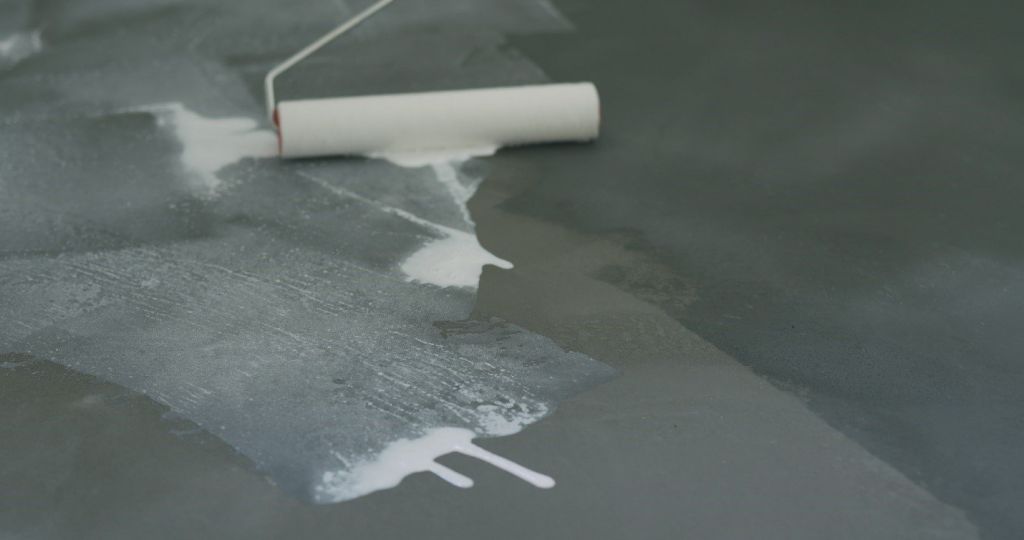If you’re planning on laying concrete in the near future (or if you already have) and you’re wondering about the benefits of water-based concrete sealer or solvent-based, then you’ve come to the right place.
We’ve spent years using water-based concrete sealer to protect our poured concrete from the elements and to keep it looking new well after it’s been poured. And though we’ve often heard people complain about water-based sealer as if it’s less effective than its solvent-based peer, we believe that its pros far outweigh its cons.
So, why do we prefer water-based concrete sealer? Read on to find out…
What’s the Difference Between Water-Based Concrete Sealer and Solvent-Based ones?
Both types of sealers have a number of similarities. They’re both designed to do the same job: protect your concrete and offer unique finishes. Both include acrylic polymers that attach themselves to the surface of the concrete (as well as in the top layer), guarding against stains, fading, and more. However, the way they go about accomplishing this task differs.
As its name implies, water-based concrete sealers disperse their polymers throughout a water base. Since they’re thinner than solvent-based sealers, they can be applied using a simply garden sprayer. Once they’ve settled on the concrete floor, the water begins to evaporate, forcing the polymers closer and closer together until they fuse with one another, creating a clear coating over the surface of the concrete.
Unlike water-based sealers, solvent-based sealers fuse the solvent and polymers together into one, unified whole. When the solvent evaporates, it creates tighter polymer fusions which provide a darker look to the concrete.
So, What’s the Advantage of Water-Based Sealers?
Water-based concrete sealer has several advantages over solvent-based ones, including…
They’re Healthier for You, Your Family, and Your Pets. When you purchase a solvent-based concrete sealer, you’ll likely find a warning about the high levels of volatile organic compounds (VOCs) that it contains. These are gases that are emitted from a variety of chemical compounds. High concentrations of VOCs are not safe to breathe in since they can cause major health problems. They’ve been known to leave people with everything from eye irritation to nervous system damage. Some states have even banned their use because of this.
But if you’re using water-based sealers, you don’t have to worry as much about VOCs. Yes, they are still there. But they aren’t present in the high concentrations that solvent-based sealers have them.
They’re Just as Durable – and Cheaper! In the past, solvent-based options were more durable than water-based concrete sealers. That’s no longer the case though. Advances in technology have allowed water-based options to hold their own – and even outperform – their solvent-based peers.
And since water-based concrete sealers are diluted, you’re able to cover more area for the same amount of sealer. This means that you’re getting a comparable sealer at a lower cost.
Water-Based Concrete Sealers Have the Advantage
It doesn’t take long to realize that water-based concrete sealers have the clear advantage when you’re comparing these two options. And in addition to the advantages mentioned above, water-based sealers are easier to apply, cause less of a mess, and won’t affect the color of your concrete if you don’t want them to. The reasons to choose solvent-based over water-based are simply too minimal to tilt the scale in their direction.
Water-based sealers are the clear winner.

